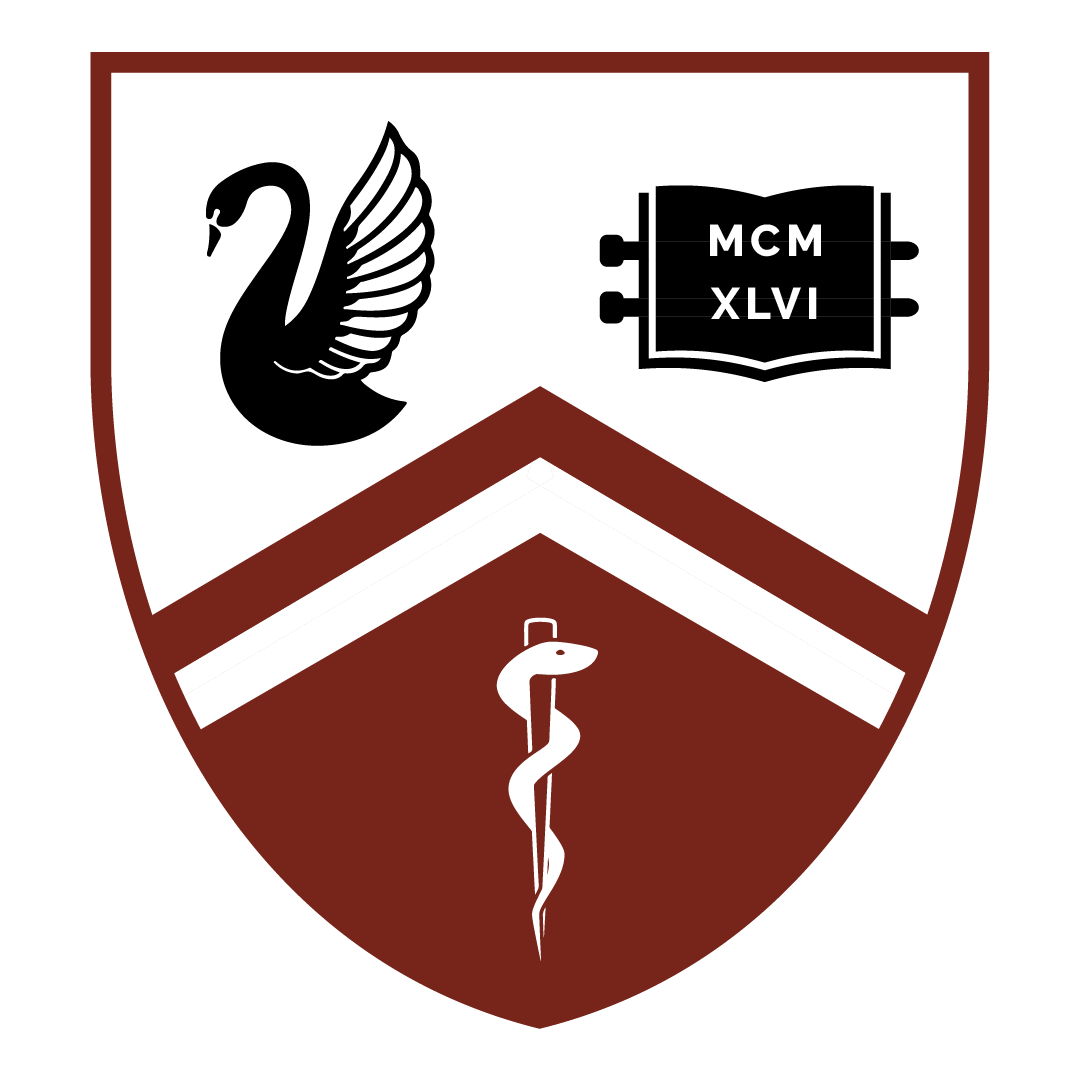I’m an autistic, ADHDer, disabled doctor working as a specialist Geriatrician. In medical school, I did not know that I was neurodivergent, and the university expectations were definitely a level above what I could handle in terms of executive function and social interactions. As a result, I failed my exams one year and had to repeat. The years that followed did not get easier. I had to work harder, longer and more elaborately than my colleagues, not realising I was actually compensating for my autistic, ADHD brain differences and the system barriers they were constantly coming up against. I wondered many times if I wasn’t cut out for a medical career?
When my husband and I decided to have kids, it became quickly clear they were developing differently to other babies and toddlers. This often made ordinary situations really difficult and unsafe. They were diagnosed with autism and ADHD. This was a huge surprise to me, as the different way they experienced and interacted with the world made total sense, in my view. My family joked about how similar I was when I was a kid, so the penny dropped: it was likely I was autistic and ADHD, just like them.
I sought out an official diagnosis mainly to show my kids that I was absolutely not ashamed of being neurodivergent in the world. How could I ask them to believe I was proud of them, if I avoided having my own diagnoses on paper? I have always been intolerant of cognitive dissonance like this (I later discovered it’s a feature of my autism and my so-called “inflexible thinking”). I also wanted a professional opinion: did my differences truly satisfy the diagnostic criteria as being a disability, or was I making life out to be harder than it was? During the assessment, it turned out I was more autistic, ADHD and disabled than the professionals ever suspected!
I did not plan to share my diagnoses with anyone apart from my kids. However, I began to realise I could be a better, more successful, happier doctor if the system adjusted a bit to suit my differences. So, I started asking for those adjustments for myself, and advocating for system change.
To future medical students with disabilities, or any disabled person who wants to pursue a career in medicine, here are my 3 top tips:
- Your self-view is important, so be proud of your achievements. It makes sense if you are exhausted or if things take you longer. It’s not that you aren’t trying hard enough, it’s because you are on an uneven playing field. You deserve a world that fits you better, and that is your human right, enshrined in laws and treaties that our government has ratified. Disability discrimination is a systemic problem, not any one individual’s responsibility to overcome.
- There are loads of us, paving the way to make it easier for those who follow, so know that you aren’t alone. People with disability are one fifth of the population. We are creative, resourceful and brave. Disabled people have always been part of human diversity, calling for “nothing about us without us!”, so get excited, I have seen improvements and I know there is more to come.
- Leverage the creative problem solving that comes with disability. Whether you realise it or not, if you are disabled and existing in the world, you are constantly finding ways to overcome barriers. This skill is a HUGE asset to any workplace, so don’t be afraid to lean into innovation, or quality improvement, or research. You may be surprised how well you shine!
